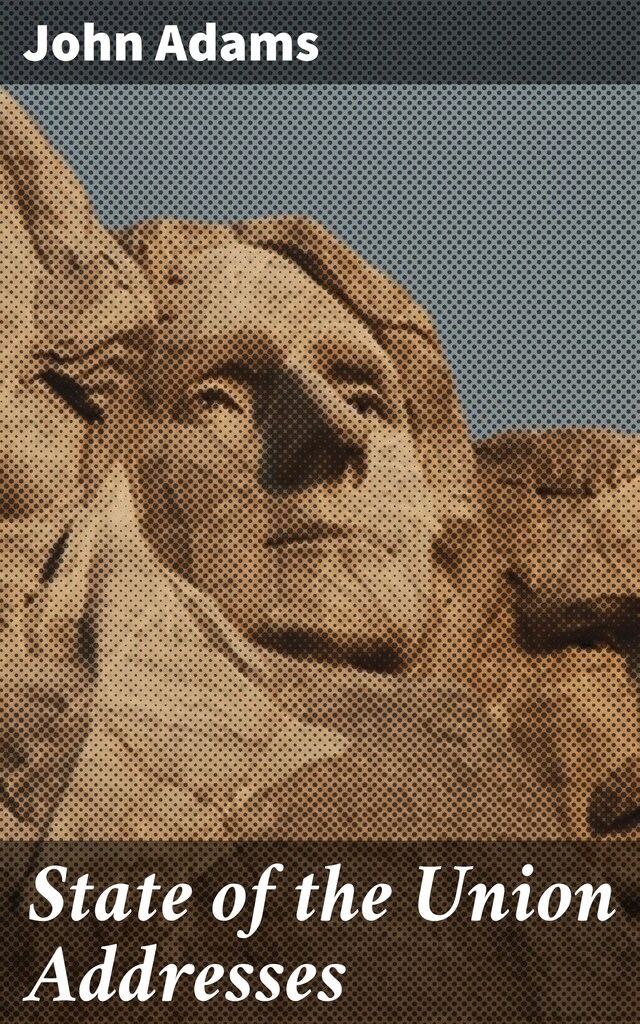
State of the Union Addresses
Insightful Reflections on Early American Governance
Tietoa kirjasta
In his collection of "State of the Union Addresses," John Adams presents a pivotal compilation that encapsulates the ideological foundation and governance philosophy of the early republic. This work spans various addresses delivered by Adams during his presidency, articulating the tensions between democratic ideals and the practical realities of governance. The literary style is characterized by eloquence and fervent rhetoric, compellingly weaving together themes of liberty, responsibility, and national identity amidst the revolutionary fervor of late 18th-century America. It serves as a crucial historical document, enabling readers to understand not only the political climate of the time but also the emerging notions of American exceptionalism. John Adams, a Founding Father and the second President of the United States, was deeply influenced by Enlightenment ideals and his experiences in the American Revolution. His legal background and dedication to civic virtue shaped his perspective on governance and democracy, making his addresses rich in philosophical underpinnings and pragmatic insights. Adams'Äô commitment to the American experiment is evident in these addresses, reflecting his attempts to unify a fledgling nation while grappling with the complexities of presidential authority and civic duty. This collection is recommended for scholars and general readers alike, as it provides valuable insights into the early political landscape of the United States. Through Adams'Äô speeches, one gains not only a glimpse into the mind of a prominent leader but also a greater understanding of the foundational ideas that have shaped contemporary American democracy. Delve into this essential text to appreciate the profound impact of Adams' vision on the political discourse that continues to resonate today.
 John Adams
John Adams 26 Sivua
26 Sivua